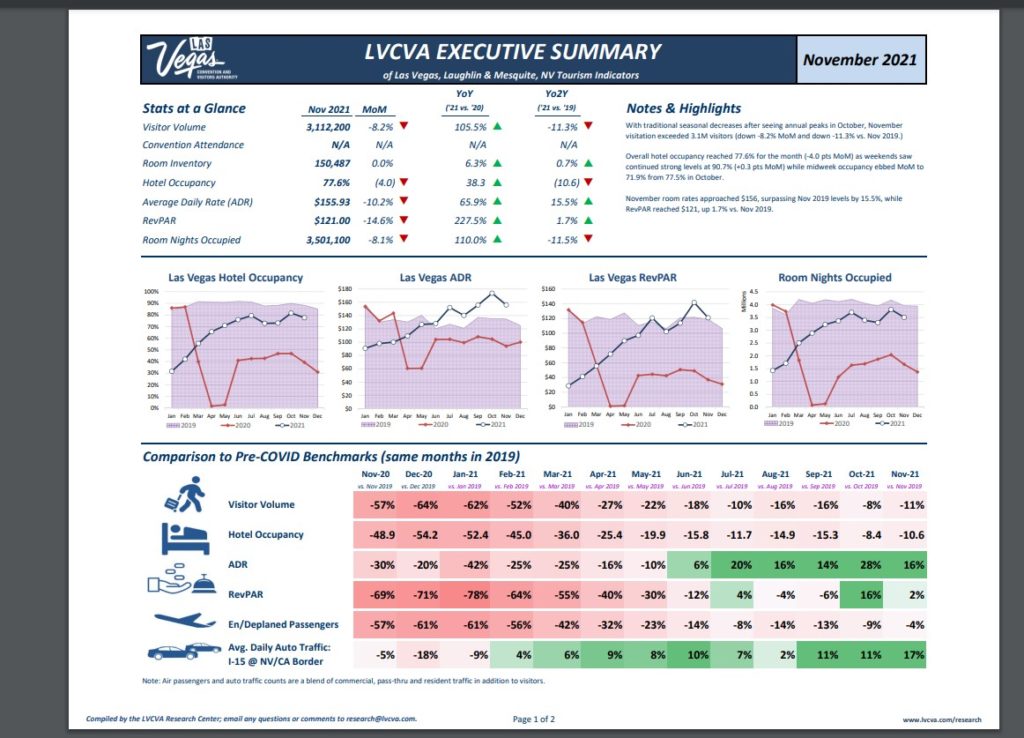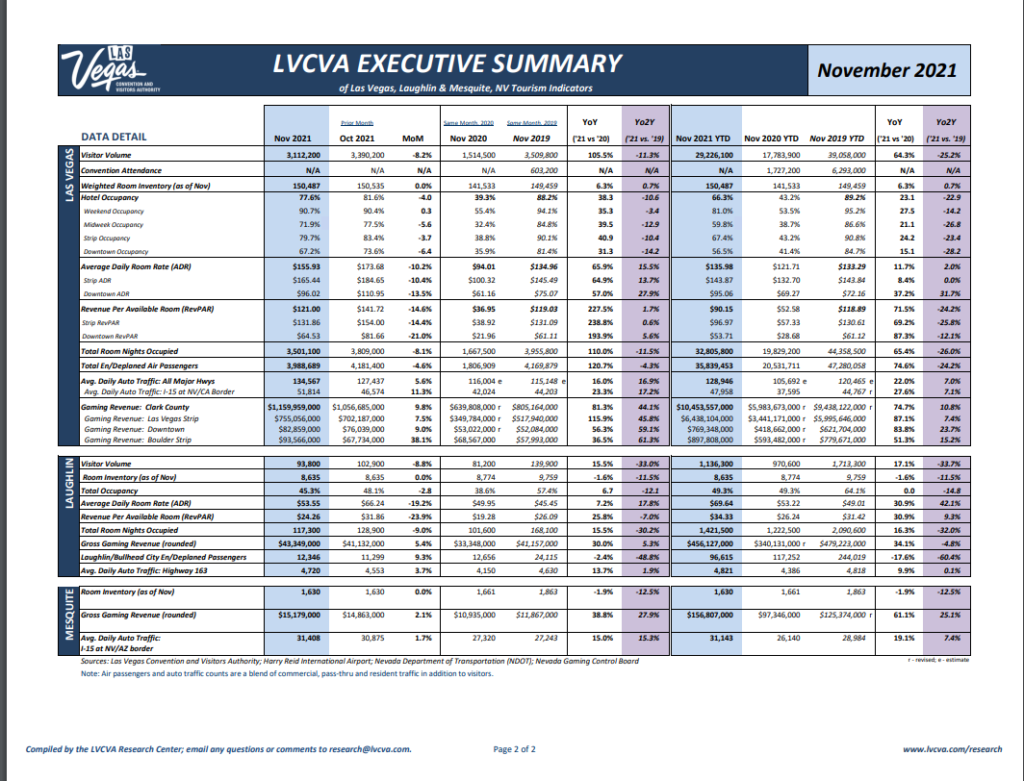
- KONAMI Founder and Chairman Kagemasa Kozuki has been named to the Mississippi Gaming Hall of Fame.
- KONAMI was founded in 1969, originally serving as a jukebox distributor in Japan.
- Today, KONAMI is a massive 262.8 billion JPY company with a wide range of products including trading cards, anime, tokusatsu, pachinko machines, slot machines, and arcade cabinets.
TIL: There is a Mississippi Gaming Hall of Fame. It’s not exactly an iconic organization like the Baseball Hall of Fame in Cooperstown since the inaugural class was inducted in 2018. Unless you’re a geek about these things like I am you might not realize that Mississippi was one of the first states outside of Nevada and New Jersey to create a decent gaming ecosystem. Casino gambling was legalized in 1990, with the first casino opening in 1992. New Jersey’s first casinos opened in 1978 but after that it took quite some time for more states to get with the program. South Dakota amended the state constitution in 1988 to allow low-stakes casinos in Deadwood but the dominos started to fall quickly in 1990. That year, Colorado legalized limited stakes gaming in Cripple Creek, Black Hawk and Central City while back in ‘flyover country’ Iowa and Illinois started the ‘riverboat casino’ trend.
Mississippi is significant as it was the first decent casino ecosystem outside of the traditional strongholds of Nevada and New Jersey. The original epicenter for Mississippi casinos was Tunica, just under an hour south of Memphis, Tennessee. For a while, Tunica was the third largest casino market in the US behind Las Vegas and Atlantic City but that is no longer the case. Employment in Tunica casinos is now less than one third of what it was ‘back in the day’. The ‘party line’ is that it fell victim to the expansion of gaming nationally and that is certainly part of it. What is mentioned less frequently is the mismanagement of the state’s gaming industry by Mississippi politicians and regulators. In 1985, the Rev. Jesse Jackson gave Tunica County the charming sobriquet of ‘America’s Ethiopia’ though not inappropriate since 29% of the residents live in poverty. The situation is somewhat better on the Gulf Coast where Biloxi and surrounding areas have a dozen or so casinos.
The most galling element of Mississippi’s backwards gaming regulation is the absence of statewide mobile betting–due primarily to the large population of fundamentalist religious nuts. You’d think that in the state with the highest poverty rate in the country (20.3% as of 2019) there would be some interest in anything that would give the job market a boost. Guess again–the state’s Bible thumpers would rather see the citizens of Mississippi in poverty. Not a coincidence that religion has always found ways to exploit and extract money from the struggling underclass. Mississippi’s casinos offer retail sports betting but not mobile betting–and mobile betting is what drives the bulk of revenues. In August 2021, Mississippi’s sportsbooks wrote just over $4 million USD holding just under $640 thousand USD. That’s a solid win percentage of 15.8% but produced negligible revenue for the casinos and even less tax revenue for the state. A mere 51 thousand ended up in the state’s till. That same month, West Virginia–a state with over a million fewer residents and far less tourism than Mississippi–did $22.3 million USD in sports betting handle. $16.6 million USD came from online sources and with only a marginally higher tax rate (10% to Mississippi’s 8%) the state pocketed $199,338 USD.
The retail gaming business in Mississippi should at least remain stable going forward. The Gulf Coast has beautiful beaches and all of the recreation activities associated with them. It doesn’t help that the area’s primary tourism organization–the Coastal Mississippi Tourism Commission–is dysfunctional and on the verge of collapse. That said, much about the Gulf Coast promotes itself. Beautiful beaches aren’t a tough sell. The Mississippi tourism industry was actually one of the best performing during the COVID ravaged year of 2020 with the Gulf Coast accounting for a third of that total. One problem with the promotional agencies responsible for the Mississippi Gulf Coast is that it’s hard to get a straight number out of them about how many tourists traveled to the area. I dug through their archives for awhile to no avail. The best number I could find was 13.5 million ‘person trips’ in 2017. No clue how this relates to the quoted 2016 number of 6.2 million but what is clear is that the 43% of the 13.5 million ‘person trips’ that were overnight trips generated $1.17 billion USD in spending. I finally found a figure of 14.2 million visitors for 2019 in a random newspaper article. The fact that there’s little continuity in metrics from year to year doesn’t speak well to the competence of the Coastal Mississippi Tourism Commission. Compare that with the well designed and crystal clear ‘Executive Summary’ that the Las Vegas Convention and Visitors Authority releases every month:


If you’re a data geek like me, you can spend hours drilling down into the abundant statistics on the LVCVA website. Need more context or data? You can get in touch with their research team (the LVCVA Research Center) and they will ‘provide you with reliable facts and insights to help gain a deeper understanding of Las Vegas tourism.’ To be fair, Las Vegas is on another level as a tourism market by every metric imaginable–even with everything down substantially from the ‘pre-COVID’ years. I certainly have my gripes with how the state gaming regulators (mis)manage the industry but that doesn’t extend to the LVCVA which is as good as any tourism promotion organization as you’ll find in the world. The LVCVA is ‘playing chess’ while the rest of their peers are ‘playing checkers’ but the problem is that the Mississippi Gulf Coast tourism groups are struggling to learn the rules of tiddly winks. There’s just no excuse for not having clear, consistent and easily accessible data. What you will find re: Mississippi Gulf Coast tourism is a lot of Power Point presentations with infographics and bullet points. What you won’t find is raw data, methodology or any real context. Without doing even a serviceable job with the data there’s no way for the ‘outside world’ to know what’s going on. The bigger problem is that it also means that the people and organizations with a vested interest in driving tourism to the region also don’t have a clue where they’re at or where they’re going. The area has a lot to work with and the Mississippi Gulf Coast is one of those destinations where you don’t really expect much and are pleasantly surprised. That has been my experience and that’s at least part of what is behind another ‘random data point’ that 75% of visitors want to return.
There’s even hope for the Tunica area casinos–albeit due to circumstances beyond their control. Their biggest feeder market is the Memphis area and more broadly the state of Tennessee. Tennessee not only has one of the worst mobile betting ecosystems on the planet complete with a comical ‘10% mandatory minimum hold’ they have no retail sportsbooks. Tunica does, and it’s an easy 45 minute drive from the Memphis area. Mississippi is surrounded by states that either have no sports betting or are doing a lousy job with it (Tennessee, Arkansas). Tunica at least has a few options with FanDuel, BetMGM, Penn National, Caesars and Fitzgerald’s all represented. That’s a much better option than heading to West Memphis, Arkansas where the Southland Dog Track is the only game in town and you’ll find yourself in one of the murder capitals of the US. The exception is Louisiana and that’s bad news for the casinos in Mississippi’s Lower River Region (the Vicksburg and Natchez area) as they’re right on the border. There’s at least *some* hope for mobile betting in Mississippi with a few legislators and the state gaming commission focused on making it happen. I won’t hold my breath, since Mississippi has a knack for screwing things up. Even if the backwards religious nuts don’t torpedo it there’s already some proposed regulations that are problematic enough to do it for them.
So that’s the context for the Mississippi Gaming Hall of Fame. KONAMI’s Kagemasa Kozuki has nothing to do with the dysfunctional gaming industry in this grease fire of a state. Nothing but respect for him. Here’s what MGM Resorts’ Bill Hornbuckle said about Mr. Kozuki:
“The future of gaming, whether here in the U.S. or in markets as far away as Japan, relies upon strong technology and strong communities. Mr. Kozuki has demonstrated a relentless personal commitment to both, and for that I’m thrilled to offer sincere congratulations for his naming to the Mississippi Gaming Hall of Fame.”
Tom Jingoli, executive vice president & chief operating officer at Konami Gaming, Inc, is equally as pleased to see Mr. Kozuki enter the MSHOF:
“Mr. Kozuki’s merits as a gaming technology leader and community advocate are seen in markets around the world. This is an important and exciting time to see his contributions forever acknowledged in the Mississippi Gaming Hall of Fame.”
Steve Sutherland, president & chief executive officer at Konami Gaming, Inc echoed these sentiments:
“In working under Mr. Kozuki on KONAMI’s gaming and systems expansion for more than two decades, he has held our focus on responsibility, success, and integrity. This has led to ongoing growth and enrichment for the people, communities, and customers we serve. KONAMI is proud to celebrate Mr. Kozuki’s extraordinary contributions and accomplishments as he is added into the Hall of Fame.”
Mississippi would be a lot better off if they would defer to the professionals in the gaming industry to determine their own course. Instead, they’re beholden to a ragtag cabal of cronyist politicians, incompetent bureaucrats and the crackpots from the ‘Religious Right’. At least they’ve got the lottery–the perfect gaming product for a poorly educated and impoverished state. The Mississippi Lottery led the nation in 2021 with a 51% increase in sales. Overall, the Mississippi Lottery did $510 million USD in sales for FY 2021. Meanwhile, one of the few metrics in which Mississippi ranks atop every other US State is the adult obesity rate.









